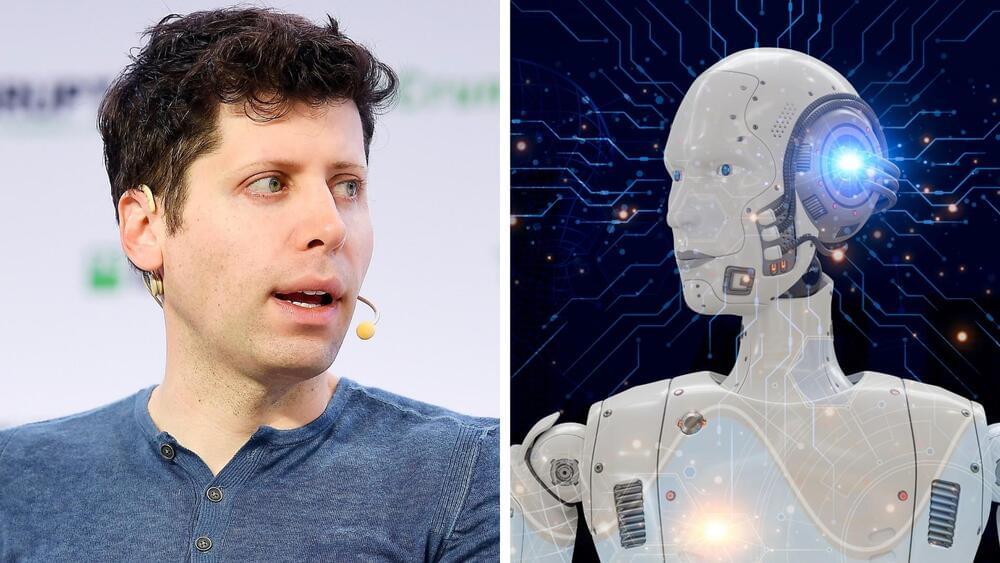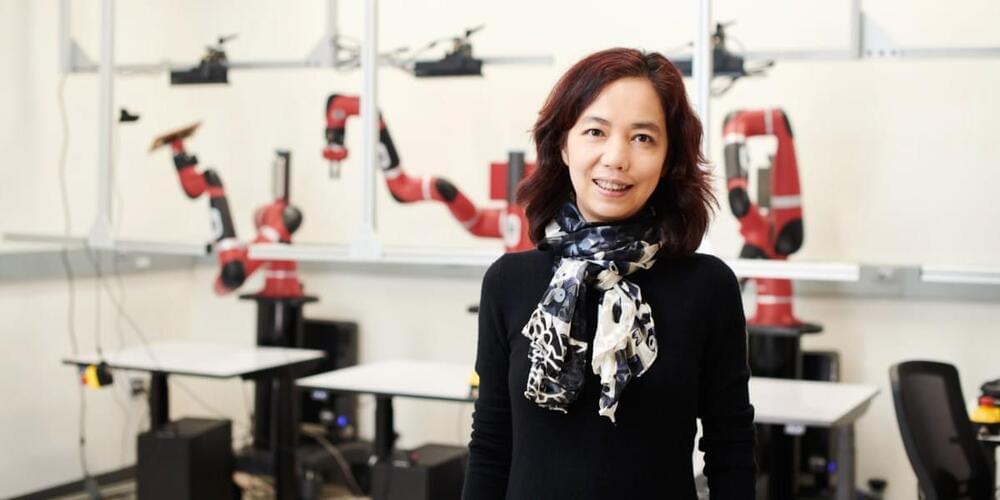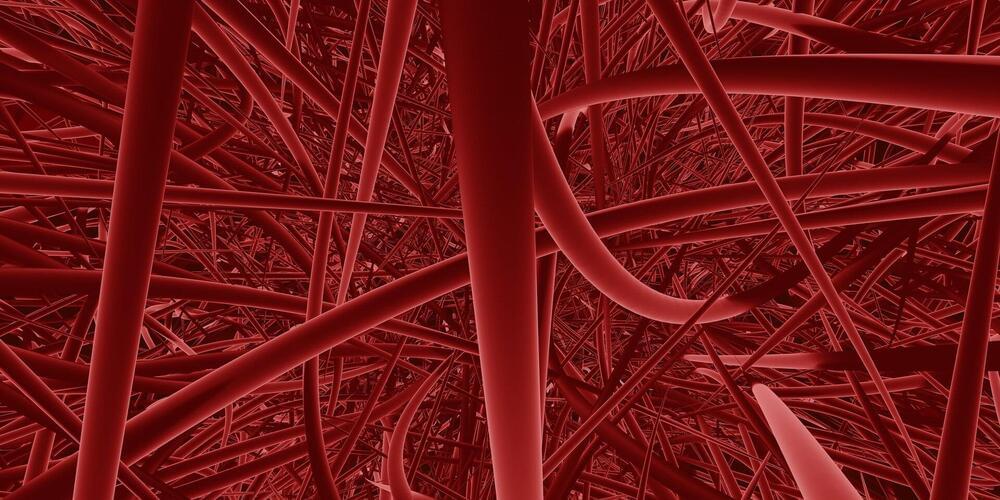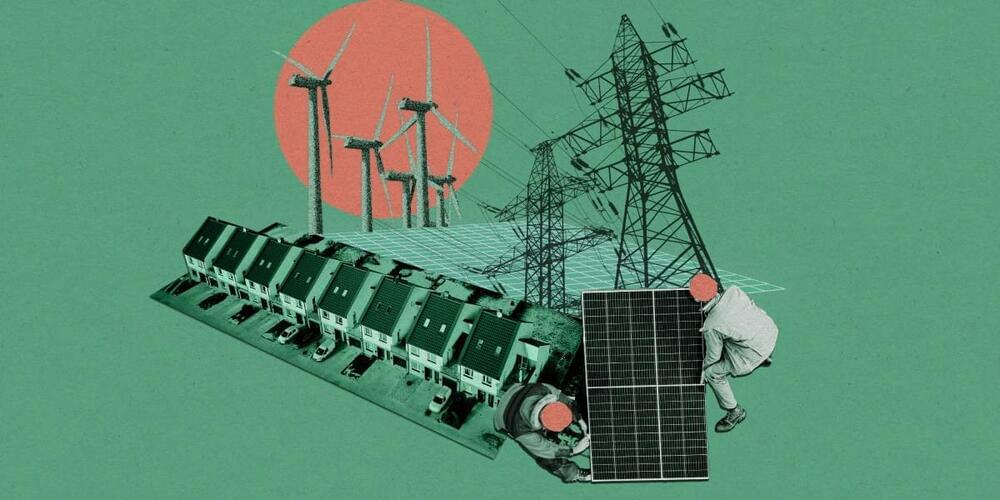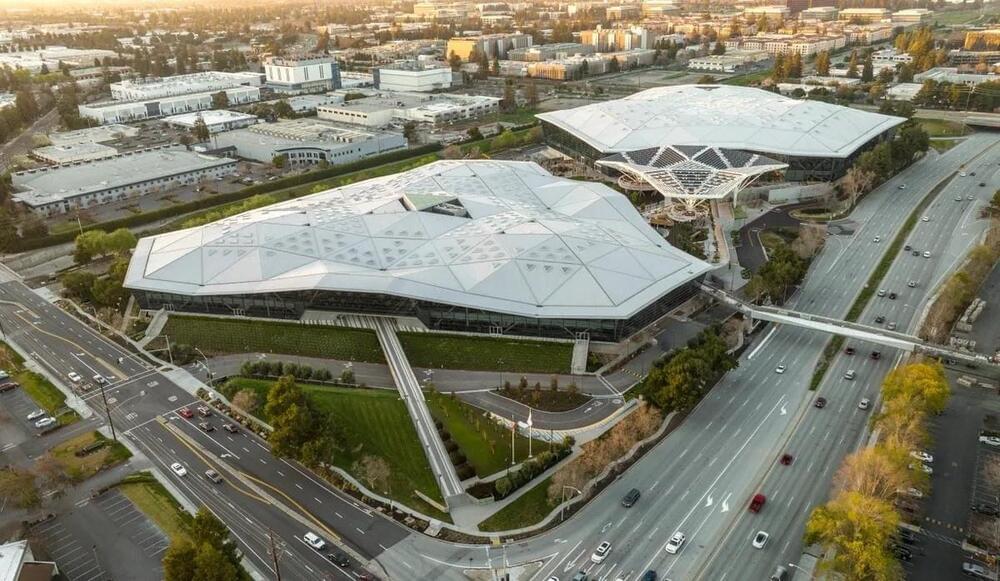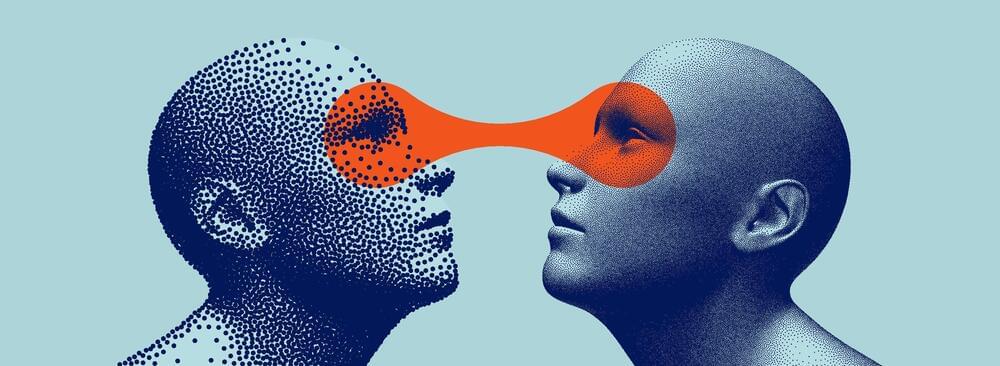At this point, Nvidia is widely regarded as the 800 pound gorilla, when it comes to silicon and software for artificial intelligence.
Beyond AI, as I mentioned previously, all of Nvidia’s BUs realized quarterly growth. Though its Automotive group rose a modest 3% to $261M, the company’s automotive design win pipeline is projected at $14 billion in new business (numbers soon to be updated). Automotive design wins have a longer gestation period, and the company has noted that this revenue impact opportunity will begin materializing in 2024 and beyond. Shifting to Nvidia’s Professional Visualization business unit, sequential growth of 9.8% to $416 million was achieved, while the company’s OEM And Other business grew 10.6% to $73 million. Finally, Nvidia’s Gaming group delivered $2.856 billion for the quarter, compared to $2.49 billion in its previous Q2 quarter (up about 15%), and $2.24 billion quarter on quarter from a year ago. Here again, the company’s gaming GPUs and software are widely respected as the performance and feature leaders currently in the PC Gaming industry, though its chief rival AMD is beginning to execute better with its Radeon product line, along with its potent Ryzen CPUs as a 1–2 punch platform solution.
Moving forward, the company guided for a nice round $20 billion for its Q4 FY24 number, representing a projected 11% sequential gain. There will be a bit of headwind of course, from competitors like AMD that is expected to deliver its MI300 GPU AI accelerators in December at its Advancing AI event. That said, it’s going to be a tough slog for all competitors, due to Nvidia’s long-building inertia as the clear leader and incumbent in AI. Another component of the company’s data center silicon portfolio is just coming online now as well, with its Grace-Hopper combined CPU-GPU Superchip, competing for host processor AI data center sockets, which Huang noted is “on a very, very fast ramp with our first data center CPU to a multi-billion dollar product line.”
Any way you slice it, there’s no stopping Nvidia from this level of growth for the foreseeable future, as AI adoption tracks a similar curve. The company continues to execute like a finely tuned machine, and the numbers, as they say, don’t lie.
